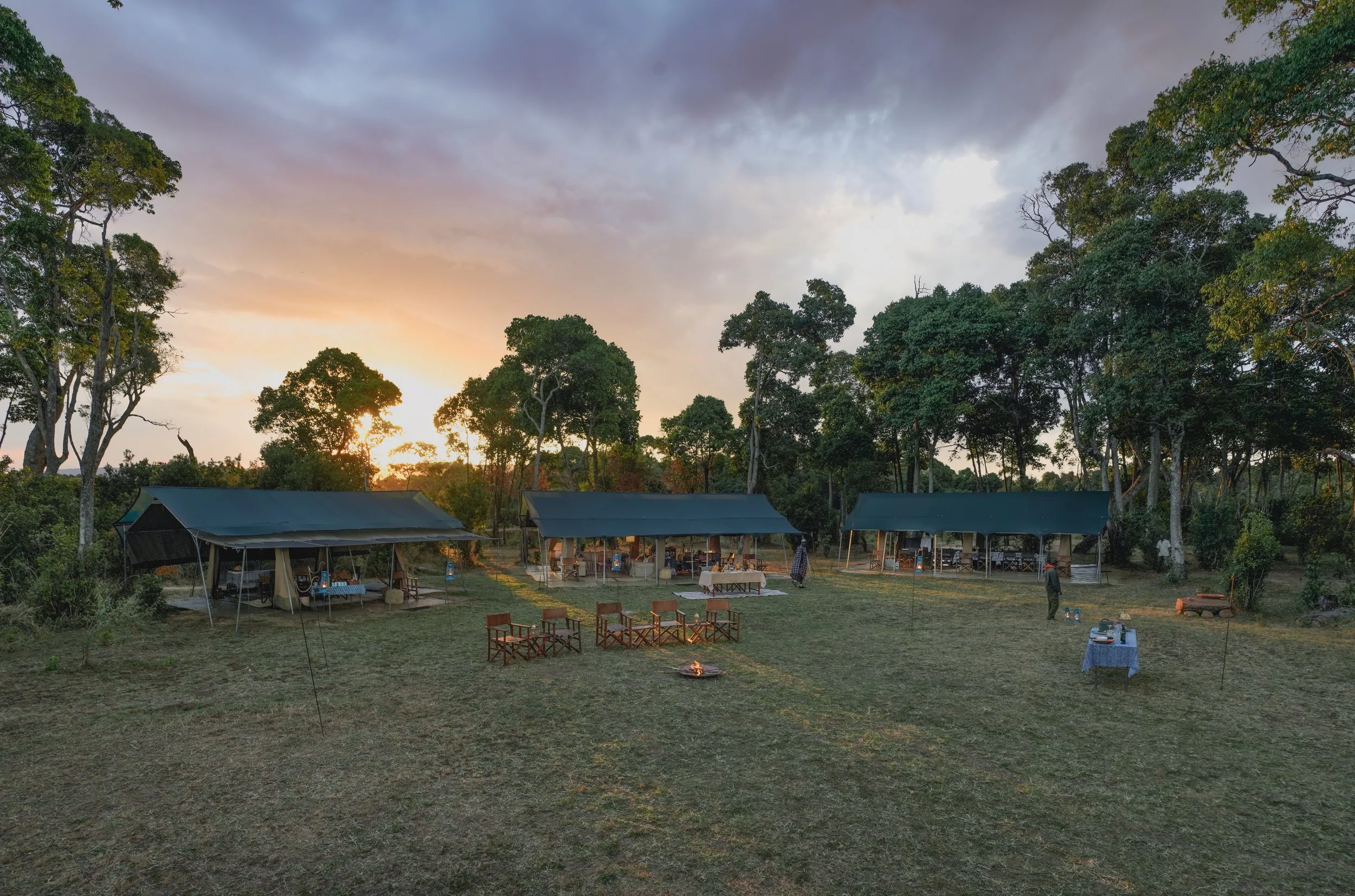
Your Safari Q&A
Everything you could need to know about your stay with us at Roca River Camp.
-
It is important to know that this is your safari. Each day’s activities and itinerary are tailored to your interests and desires. Below is an outline of a typical day on safari:
6:00am – Wake up with tea or coffee brought to your tent
6:30am – Depart on a morning game drive or morning activity
9:30am – Return to camp for breakfast
10:30am – 12:30am – Relax in camp
1:00pm – Lunch is served
2:00pm – 4:00pm – Relax in camp
4:00pm – Tea time
4:30pm – Depart on your afternoon game drive or afternoon / evening activities
7:00pm – Return to camp to shower and get ready for dinner
7:45pm – Meet around the fire for an evening drink
8:00pm – Dinner is served under the stars
9:30pm – Retire for the evening with a nightcap
*A full day out exploring, with a picnic lunch along the way, is also a usual option for one or several days of your safari.
-
We can cater for all dietary requirements, and food allergies and dietary requests should be arranged prior to arrival. The cuisine in camp is fresh and locally sourced, and the style is homely and wholesome.
As much as possible, we dine outside, along the banks of the Mara River; and this tends to be a hosted meal with all lodge guests and our hosts, Ross, Caro & Philip.
-
On safari, comfort should be considered above all else. Durable, loose fitting, lightweight cotton clothes are recommended. For game viewing purposes, muted or “bush” colors are preferred. Something warm is essential for early morning and evening activities. As you are usually at altitude, the sun can be quite powerful and we suggest wearing sunscreen and at hat at all times. Please note there are strict weight restrictions on the safari aircraft of 15kg packed in soft bags. Please use luggage tags on all luggage, it makes life easier so camps can assign your luggage to the correct rooms and if very helpful should your luggage go missing during international or domestic travel.
Here is a guideline of what to pack:
Sun hat, sunglasses and sun cream
Light, comfortable clothing in mostly muted colours
Swim wear
Warm gear for mornings and evenings
Good comfortable walking shoes
A waterproof jacket
Other useful items to pack:
Good quality torch & batteries
Good quality cameras and binoculars
Insect repellent
Small daypack for carrying personal items
Journal and special books (remember the weight limit)
-
Children delight in discovering new places on safari, and are welcome at Roca River Camp. Children under the age of 5 stay free of charge. All children are the responsibility of their parents. Child-carers can be organised upon request.
-
A complimentary laundry service is offered to all guests. As all laundry is hand washed in the wilderness, we ask you do not send in delicate or special items.
There is also a cultural factor here, so we prefer the team not to have to handle your delicates.
-
Our camps are set up in the wild, with wildlife all around. Askari’s or night watchmen escort you to and from your tents at night with a torch, and in the day it is safe to walk around camp. You may hear unfamiliar noises at night, when a lot of the animals are most active – this is no cause for alarm, and you are perfectly safe in your tent.Item description
-
While the Maasai Mara is not considered a “malaria area”, we recommend that you take the advice of your medical practitioner when considering anti-malarial medication. You may travel to other areas in Kenya where cases are experienced.
Our tents are designed with netted windows and doors, and our staff will take precautions against mosquitos during ‘turn-down’ service in the evenings.
We would also encourage you to wear long sleeves and trousers in the evenings, with socks and closed shoes, and recommended the use of insect repellant.
-
It is customary to tip your safari staff, and while tipping is entirely at your discretion, there is a recommended guideline for a general staff tip, which is shared amongst all staff, and there is a recommended guideline for guides and spotters. Please discuss this with camp management. Tipping is done at the end of your stay.
In general, we recommend a tip of $10 per person per day for the “house” and your guide would be tipped seperately at a similar rate.
-
We have a whole host of activities to keep guests of all ages occupied. However, you can be as active as you like. If you would like a jam packed itinerary, this is certainly something that we can offer, and you can find a selection of our activities available HERE.
Equally, if you would prefer to unwind, and spend time in camp enjoying the riverine forest tranquility, this is is absolutely up to you.
-
The camp runs on solar power and an inverter system, which provides power 24 hours a day. There is a back-up generator on stand-by.
All our tents have solar power lights and sockets for charging electronic items.
-
We are 100% plastic water bottle free in camp. We provide clean, filtered drinking water on all activities as well as throughout the Camp, as well as glass refillable bottles for guests to use throughout their safari. An ice machine provides plenty of ice for camp.
-
Roca River Camp has WiFi throughout, so connectivity should be no issue. We do also have a phone reception for any local calls and messages.
-
Guests are required to apply for Electronic Travel Authorisation (eTA). Each eligible traveller is required to apply for an eTA before starting travel. It is mandatory to use the Government's official website to submit your application.
-
Guests are required to have comprehensive travel and medical insurance to cover cancellation, medical expenses, personal baggage and money. Mobile Expeditions takes every care possible of guests and their property, but cannot be held responsible for any accident, injury or illness you may incur, or for any loss or damage to your property during a safari. Travel insurance is readily available in your own country and must be obtained before setting off on safari.
-
The Mara tends to have chilly mornings and evenings, and experiences the usual “rainy seasons” in Kenya.
Rainfall: Mid-April to mid-May and November are usually the rainy seasons. Temperature: January to March are the warmest months, and June to September is generally a bit colder.

“The only man I envy is the man who has not yet been to Africa- for he has so much to look forward to.”
-Rich Mullins
